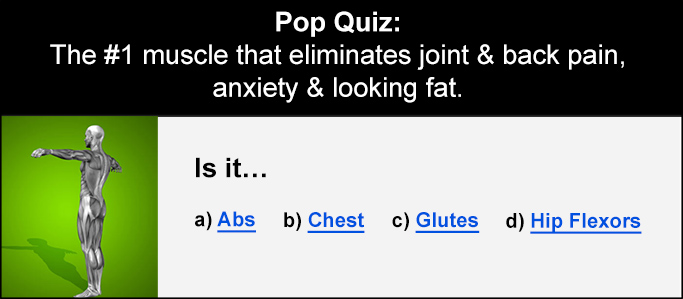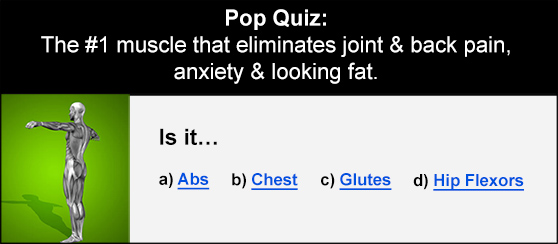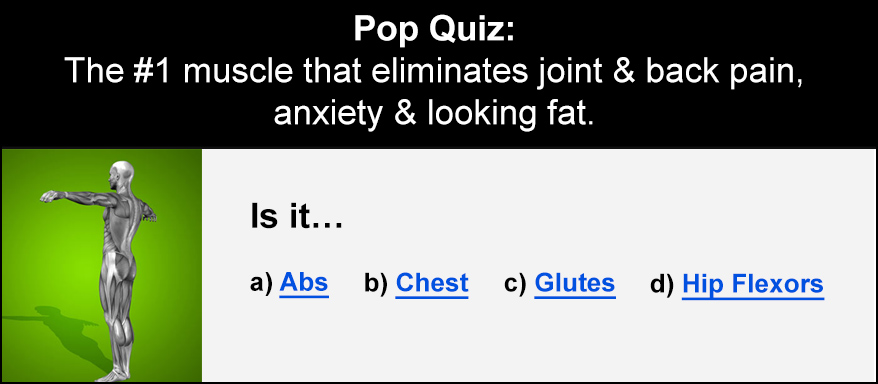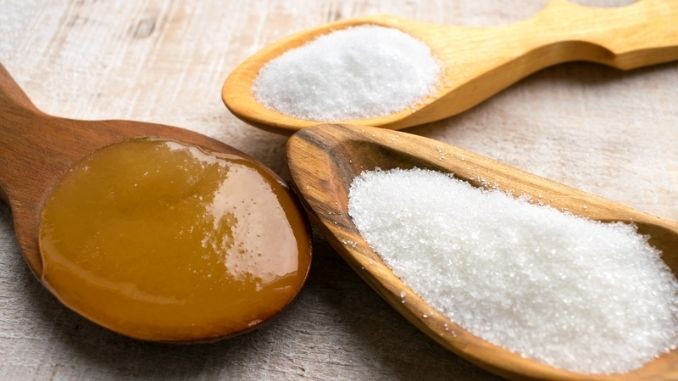
Artificial sweeteners have become increasingly popular in the food industry over several years. These sweeteners have helped many people decrease their sugar intake while enjoying a variety of foods that are sweet and tasty. If you’ve ever been on a diet or watched your sugar intake, you know that sugar is not something you want to consume regularly. Some foods even have hidden sugars, so it’s essential to check the labels on any packaged foods you purchase. Luckily, artificial sweeteners can help because they have almost no calories, don’t spike blood sugar levels, and have virtually no impact on your weight or blood glucose levels.
However, there are also some concerns about artificial sweeteners, primarily surrounding their long-term effects on the body. It’s worth knowing more about these sweeteners if you think about using them. Let’s look at artificial sweeteners, their benefits, and their risks.
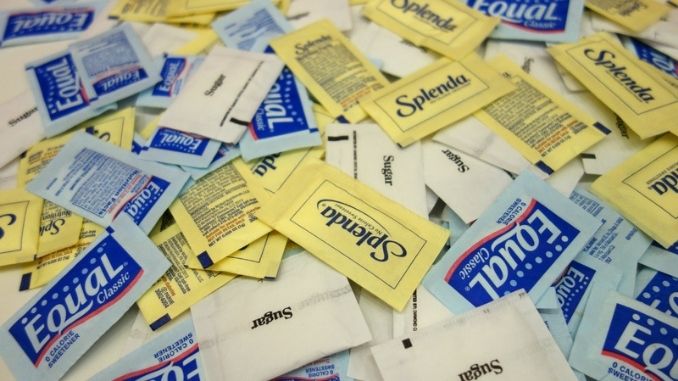
High-Fructose Corn Syrup (HFCS)
High-Fructose Corn Syrup, or HFCS, is a highly processed chemical sweetener used in many processed foods and beverages since the 1970s. It’s also referred to as “corn sugar,” “fructose,” or “extended fructose.” High-fructose corn syrup has become very common as a sweetener because it’s much cheaper than other sugars, and it is sweeter than cane or beet sugar. It is a combination of fructose and Glucose (syrup) produced from corn starch. It’s mainly the fructose that makes high-fructose corn syrup so controversial. High-fructose corn syrup is about 55% fructose and 45% glucose. It is not pure fructose does not mean it’s any safer. Fructose and Glucose are metabolized differently in the body. Fructose is metabolized almost entirely in the liver, where it is converted to fat, while every organ generally metabolizes Glucose in the body.
High-fructose corn syrup is considered one of the unhealthiest sweeteners on the market as it has been linked to obesity, diabetes, liver disease, heart disease, and even cancer. However, there isn’t much evidence that consuming large amounts of high-fructose corn syrup will have any adverse health effects. Recent research suggests that HFCS and other forms of fructose may not be as harmful as once thought.
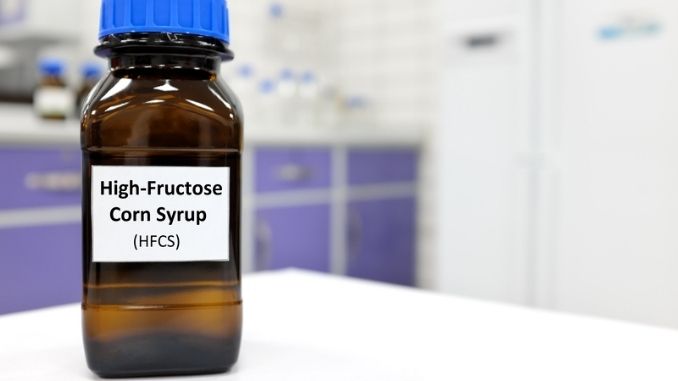
Aspartame
Aspartame was approved by the FDA back in the 1980s. It is made of amino acids and produced from genetically modified bacteria. It is about 200 times sweeter than sugar, meaning tiny amounts are needed to add sweetness to food and drink. It is commonly found in low-calorie beverages and foods, such as carbonated soft drinks, juices, bottled teas, protein powders, gelatins, pudding, and chewing gum. It is also known by its brand names, NutraSweet, Canderel, and Equal.
Aspartame has been the subject of some controversy in recent years as it has been linked to headaches and dizziness in sensitive individuals. Some people worry that Aspartame could be dangerous because our bodies metabolize it differently than sugar, but research shows that when used in moderation, Aspartame poses no health risks. Many people use Aspartame to help them restrict their sugar intake.
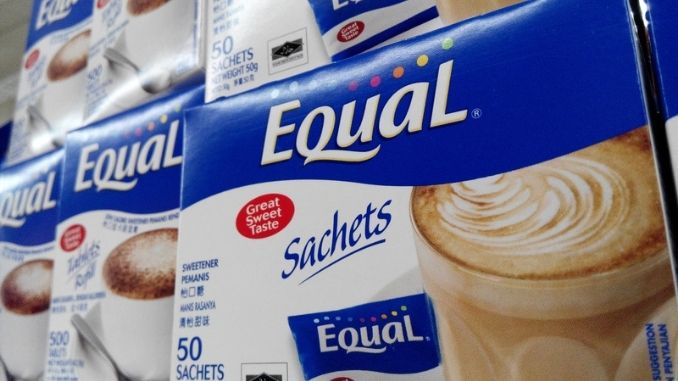
Saccharin
Saccharin is a non-nutritive sweetener that has been used as an artificial sweetener since the 1890s. This sweetener has about 300 times the sweetness of sucrose with negligible calories (about five calories per teaspoon). Saccharin is often found in products labeled “sugar-free” and is frequently used with other artificial sweeteners, such as Aspartame or sucralose.
The FDA initially banned Saccharin in the 1970s when it was thought to be directly linked to cancer. However, they later removed the ban in 2000 when more recent studies found it safe for consumption. Up to this day, Saccharin remains one of the most widely used non-caloric sugar substitutes in food production. It has no calories, does not cause tooth decay, and is safe for diabetics and people on other sugar-restricted diets.
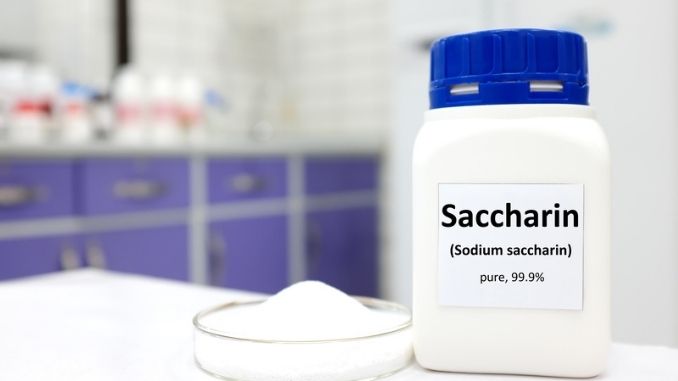
Sucralose
Sucralose is a no-calorie sugar substitute and artificial sweetener commonly known as “Splenda.” It is a popular artificial sweetener in food and beverages and is about 600 times sweeter than table sugar. Sucralose is derived from natural sugars like sucrose; however, scientists have modified it to change its properties, reducing both calories and sweetness. It is made by replacing three hydrogen-oxygen groups on a sucrose molecule with three chlorine atoms. When sucralose is metabolized, it is not metabolized like natural sugar. Instead, it passes through the digestive system without being digested at all. This makes it a safe alternative to sugar. It is recommended for people with diabetes as it does not cause a rise in blood glucose levels.
Sucralose has some advantages over other artificial sweeteners, including that it’s not acidic as Aspartame. This can help prevent tooth decay and erosion. Likewise, sucralose doesn’t have the bitter aftertaste that some people experience from other artificial sweeteners such as Aspartame or Saccharin. However, this doesn’t necessarily mean that sucralose is better for you.
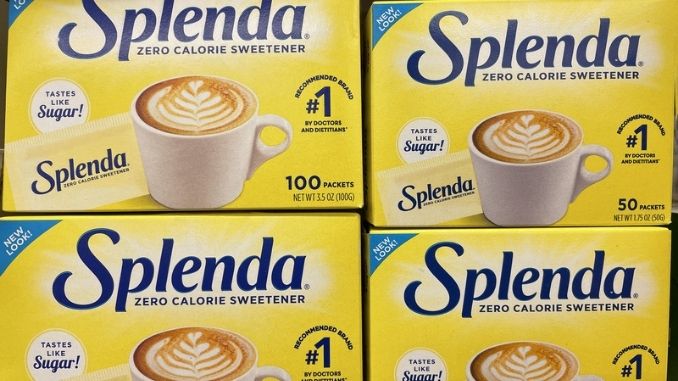
Stevia
Stevia, an herb from a Central and South American plant called Stevia Rebaudiana, has been used as a sweetener for centuries. It’s also known as sweetleaf or sugar leaf. The leaves of the stevia plant contain natural sugars called glycosides, which have a much more intense sweetness than typical artificial sweeteners like sucralose or fructose. Due to its intense sweetness and lack of calories and carbohydrates, Stevia has grown famous as a sugar-free sweetener for foods and beverages.
You can get Stevia in liquid, powder, and granulated forms for convenience. Stevia drops are also available in a squeeze bottle and can be added to coffee, lemonade, smoothies, or other beverages. Add stevia drops to your coffee instead of sugar or artificial sweeteners for better results. Stevia is not just a convenient sugar alternative. It has numerous other health benefits. It is a potent anti-inflammatory, antioxidant, and neuroprotective agent. Stevia doesn’t cause blood sugar spikes and may even improve blood sugar levels. It also has no calories and no impact on blood sugar, making it an excellent option for diabetics and individuals on weight-loss diets. What’s more, Stevia is non-potato and non-bulking, making it a perfect choice for those with allergies.
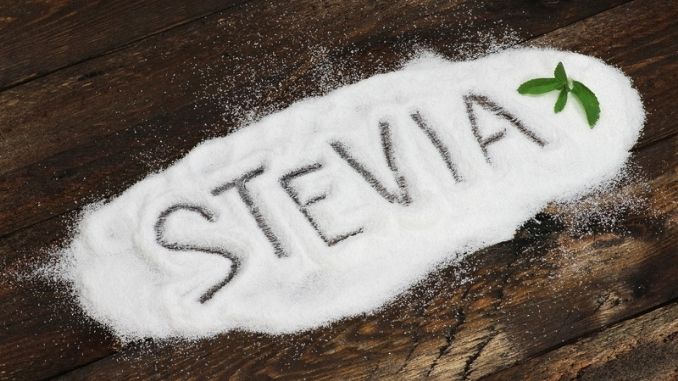
There are many reasons to avoid sugar. In excess, we know that it can lead to weight gain and other health issues like higher blood pressure, inflammation, and Type 2 Diabetes. Artificial sweeteners have been introduced as an alternative to sugar as they are safe, have fewer calories, and have less impact on blood glucose levels. Most artificial sweeteners are not dangerous; they’re safe for consumption when used in moderation because they don’t have the same adverse effects that natural sugar does. Whether you want to reduce your sugar intake or follow a specific diet like Keto, which requires cutting down on carbs and sugars, finding the best artificial sweetener can help.



